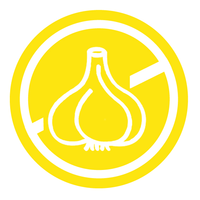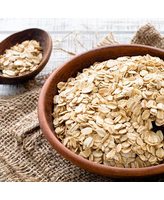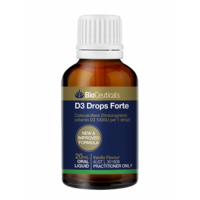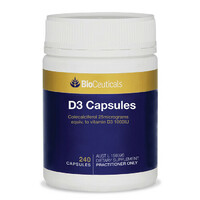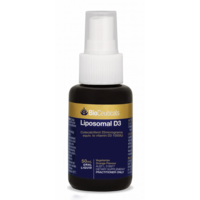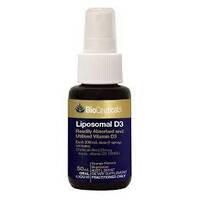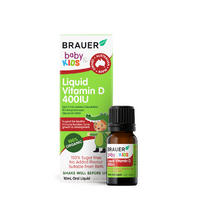Vitamin D and the Benefits for Our Immune System
Author: Asha Nagle-Runciman Date Posted:4 July 2022
As an Australian who has recently returned to Australia after living in Ireland and Norway for the past three years, I have recently become a little obsessed with vitamin D.
Most people know that vitamin D comes from the sun and plays a major role in calcium absorption and the prevention of osteoporosis, as well as Seasonal Affective Disorder (SAD).
What you may not know is that vitamin D is also an incredible immunomodulator.
Did you know that vitamin D regulates more than 200 genes? One of its roles is to stimulate stem cells in the bone marrow to produce and differentiate immune cells. Vitamin D deficiency has been associated with an increased risk of some cancers as well as a number of autoimmune conditions.
Vitamin D deficiency has also been studied in relation to tuberculosis, influenza and the ‘common cold’, pneumonia, cystic fibrosis, chronic obstructive pulmonary disease (COPD) and asthma.
In relation to our most recent health crisis, a recent study from Ireland found that vitamin D deficiency greatly influenced the severity of symptoms of COVID-19. Since the outbreak, public health bodies in England, Scotland and Wales have all revised vitamin D recommendations, stating that all adults should take at least 400IU daily. This is particularly important for the elderly, who are at increased risk of not getting enough sunshine. People with diabetes, obesity and ethnic minorities are also more at risk of vitamin D deficiency.
How is it produced? Vitamin D is produced in the skin from UVB sunlight exposure and is then converted in the liver and kidneys to an active hormone. The conversion of vitamin D requires adequate magnesium levels. Vitamin D is also found in eggs, liver, some oily fish and milk products. Absorption from the gut requires adequate saturated fat in the diet (there’s a reason it’s called cholecalciferol)
It is always a good idea to get your levels checked before supplementation with vitamin D. Serum levels of vitamin D should ideally be above 75nmol/L on a blood test. As naturopaths, we prefer them to be between 100nmol/L-200nmol/L.
Can we have too much of a good thing? Yes. Too much vitamin D may result in hypercalcaemia and it is always a good idea to take vitamin K2 along with vitamin D to ensure calcium gets into the bones rather than places we don’t want it!
That said, as naturopaths we often prescribe between 2,000IU-5000IU daily for adults over winter. 400IU for children. Please speak to a qualified naturopath or nutritionist to discuss specific dosage ranges for you.






